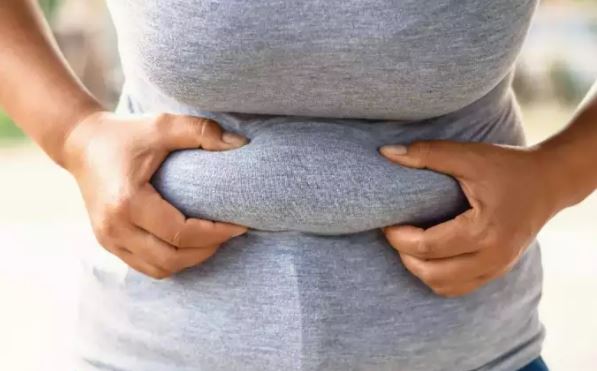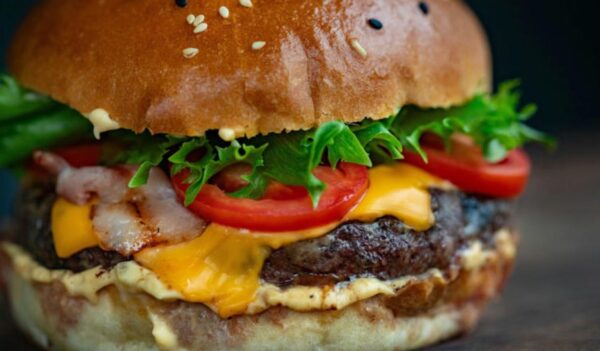Lifestyle
The best diet to get rid of visceral fat

Even though all kinds of fat are quite difficult to get rid of, but the fat located around one’s abdominal region has been observed to be prominently stubborn.
Also known as visceral fat, this fat wraps itself around the abdominal organs and isn’t always felt or seen.
Even though it may not be felt or seen initially, it is sure to become visible after a certain period of time and can pose as a threat to a healthy body.
Staying within the healthy weight range is imperative to maintain a healthy body and visceral fat can cause serious health hazards later in life. It is therefore necessary to cut it down as much as possible.
Exercise and diet
Following a strict exercise regime is one of the most constructive and widely acclaimed solutions towards weight loss but it is important to note that the weather and on-going pandemic together make it difficult for one to step out and get rid of all those calories. Add to it, the scarcity of time that makes it even more difficult to get there and sweat it out, making exercising seem like a Herculean task. In such times, diet is the only thing that one can control in order to lose weight.
Foods to eat
Following a diet that is comprised of few carbohydrates, and contains more of healthy mono saturated and poly saturated fats that are found in food items such as nuts, fish, avocado, olive is one step closer to achieving a healthy weight. It has widely been found by studies that people who eat a high fat diet are more likely to lose weight as compared to those who eat a high carbohydrate diet.
Why a high fat diet
A high carbohydrate diet could include grains which are a quick source of energy for the body and can trigger the release of insulin that allows excess calories to enter fat cells in which they are stored as fat. The same procedure stands true for processed carbohydrates and this implies that the best way to cut weight is to lay emphasis on cutting out processed carbohydrates and not calories.
The carbohydrate-insulin model
The carbohydrate-insulin model suggests that decreasing dietary carbohydrate can lead to increased levels of energy expenditure while maintaining weight loss. The effects of this metabolic procedure lead to successful obesity treatments especially among people who have high levels of insulin secretion. Therefore switching to a diet that is low on carbohydrates but high on fats leads to burning more calories in comparison to having a diet that is low on fats but high on carbohydrates that leads to excessive insulin production which stores more glucose in the body while reducing the body’s ability to burn fat.










